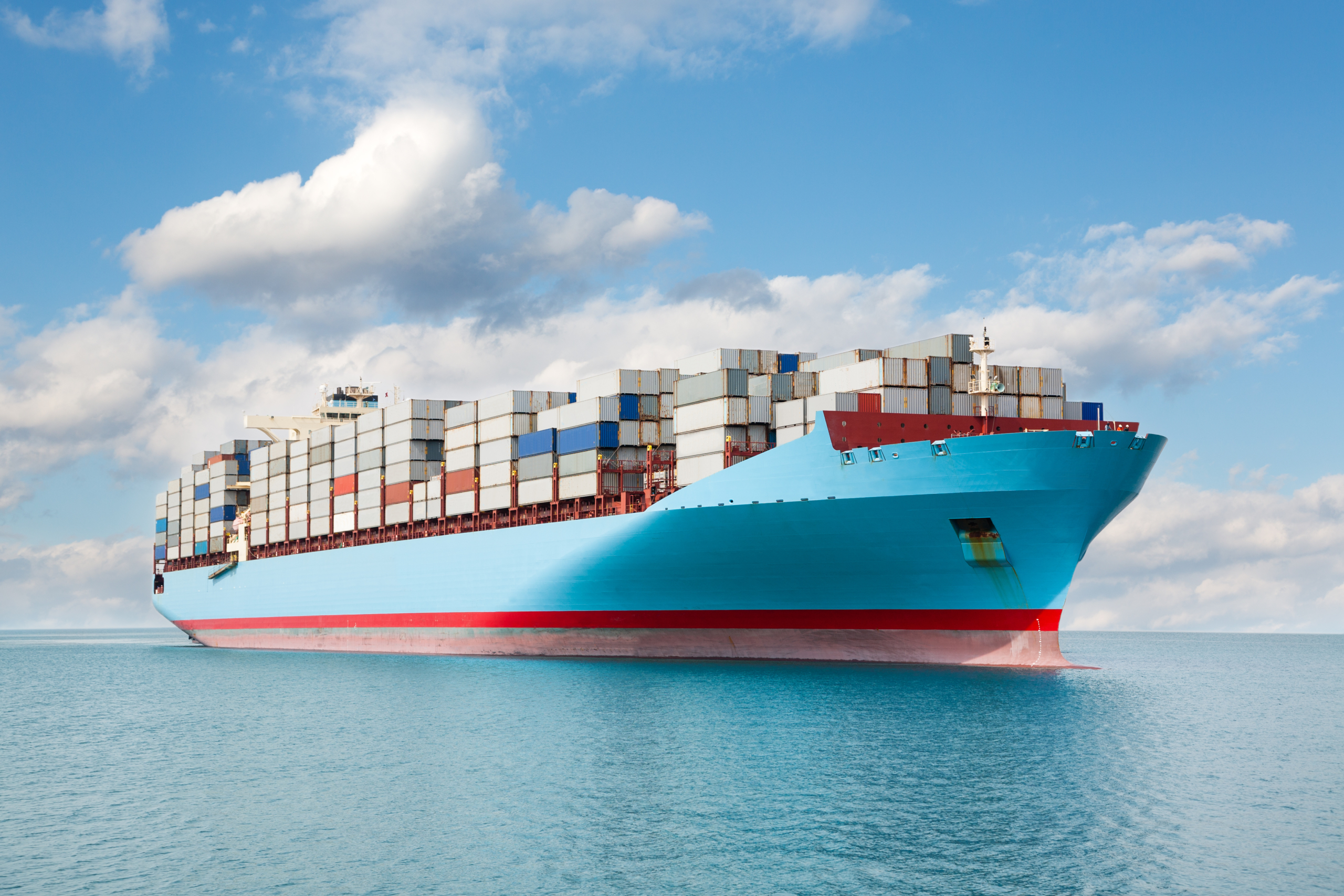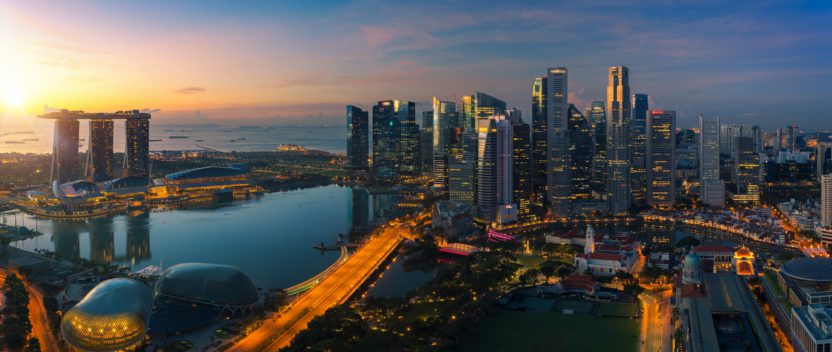Can shipping join the circular economy?

In case any doubt remained, it should be clear to everyone remotely involved in shipping that the next 20 years will be nothing like the last couple of decades. The decarbonisation agenda is reshaping whole industries with the global economy trending towards a more circular, renewable and locally focused model.
This may come as a surprise to some in the industry, but shipping will have no choice but to follow. Many seaborne trade volumes are likely to continue growing, but cargo volumes for large vessels transporting raw materials and fossil fuels over long distances are set to peak within the next 10 years.
That’s the conclusion of the analysts at Danish Ship Finance whose latest report also points out that the transition towards a green economy can be cast in positive terms – the source of fresh returns for owners and their financiers – as well as carrying risks.
On the upside, an increase in returns on invested capital in the short to medium term could see more investment going into new fuel commitments and new vessels. This reflects the rise of green corridors (port-to-port commitments where new alternative fuels are available under contract). However DSF also thinks in an industry traditionally marked by fragmented ownership, the risk of hard-to-scale solutions limited to a few players is also considerable.
As with first-mover adoption of alternative fuels, many investments could end up being stranded during the early phases of the transition, it reckons. “It will take time to upgrade fleets of vessels and build new fuel infrastructures, the report says. “By the time this has been achieved, underlying demand may have changed radically.”
In a decarbonised economy, shipping’s emissions are only part of the story. A company’s Scope 1 emissions are those generated by the entity itself, Scope 2 are indirect emissions usually from energy while Scope 3 includes all other indirect emissions that occur in a company’s value chain.
With shipping’s customers and suppliers working to reduce all three emission scopes, seaborne trade patterns are likely to change and some trade volumes will evaporate in future. Fleet profiles may change significantly when reporting of Scope 1, 2 and 3 emissions begins to define industry outlooks.
The next generation of vessels, ordered to trade in some version of a green corridor, may essentially turn into floating infrastructure that serves fixed cargo volumes and operates with fixed costs and fixed incomes, rather than the opportunistic, asset-based model we are used to.
These vessels are likely to offer a very different value play to traditional vessel ownership since ships trading in green corridors will not be competing with fleets in existing freight markets, but are likely to set the environmental benchmarks that impact the legacy fleet’s earnings potential since their emissions will be lower.
The ability to scale the concept of green corridors beyond the first-mover initiatives is largely a question of mobilising critical mass across various sectors and industries that share the same location and the ambition to decarbonise, but DSF recognises the hurdles.
“Everyone is struggling to decarbonise; it is easy to demand green, deep-sea shipping but difficult to deliver it. But by leveraging a cargo-first principle, while analysing cargo flows and bunkering infrastructure that can be matched to form a green corridor, it seems possible to de-risk and scale the initial learnings from first movers,” it suggests.
DSF believes the introduction of green corridors presents new dynamics for value creation in the shipping industry, using long-term contracts with cargo owners and fuel producers to allow long-term fleet efficiency optimisation, rather than the boom and bust model that creates winners and losers but also punishes first-movers.
This is a shift that will benefit those able to create cash flow stability, economies of scale, standardisation and lower cost of capital. It remains to be seen if new business models will begin to redefine the competitive landscape.
The shipping industry often benefits from short-term disruptions, since more cargo needs to be transported over longer distances. Even so, the short-term benefits for the industry may easily be outweighed if the disruptions translate into fundamental demand changes playing out in the medium or long term.
The war in Ukraine is a tragic example; stranded commodities for which there is huge demand and others – notably energy cargoes derived from fossil fuels and foodstuffs – which must travel further from alternative sources due to war risk or sanctions. This suggests short-term dynamics that are largely supportive for freight rates and second-hand prices across segments, but the industry is heading for radical long-term changes to how value is created.
As the ultimate ‘derived demand’ industry, seaborne trade volumes and cargo flows are simply mirroring the global economy’s interconnected value and supply chains. DSF concludes that it may take more time than desired, but things will change, because they have to.
“When we begin to change the foundations of the global economy, we begin to recalibrate and reinvent value and supply chains across sectors and industries. Think along the lines of replacing fossil fuels with renewable energy and raw materials with circular materials, while introducing highly automated local production and manufacturing,” DSF concludes.
Innovative business models will need to find a way to offer more customers better access to more products and services, while using fewer resources.


